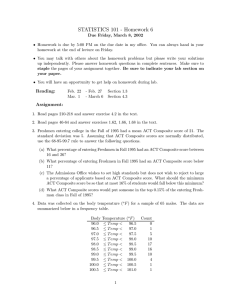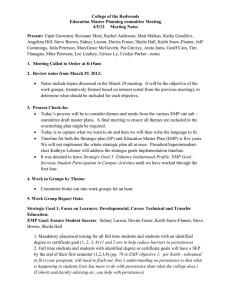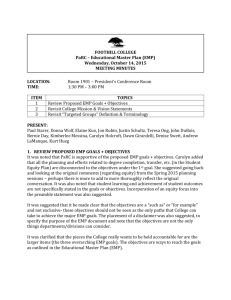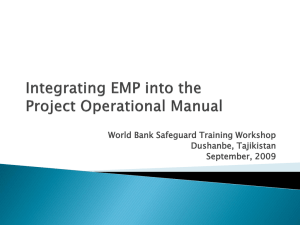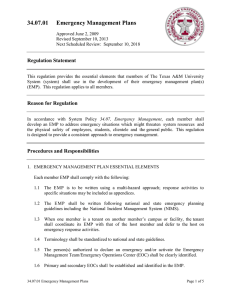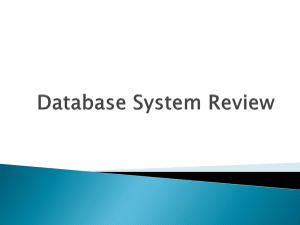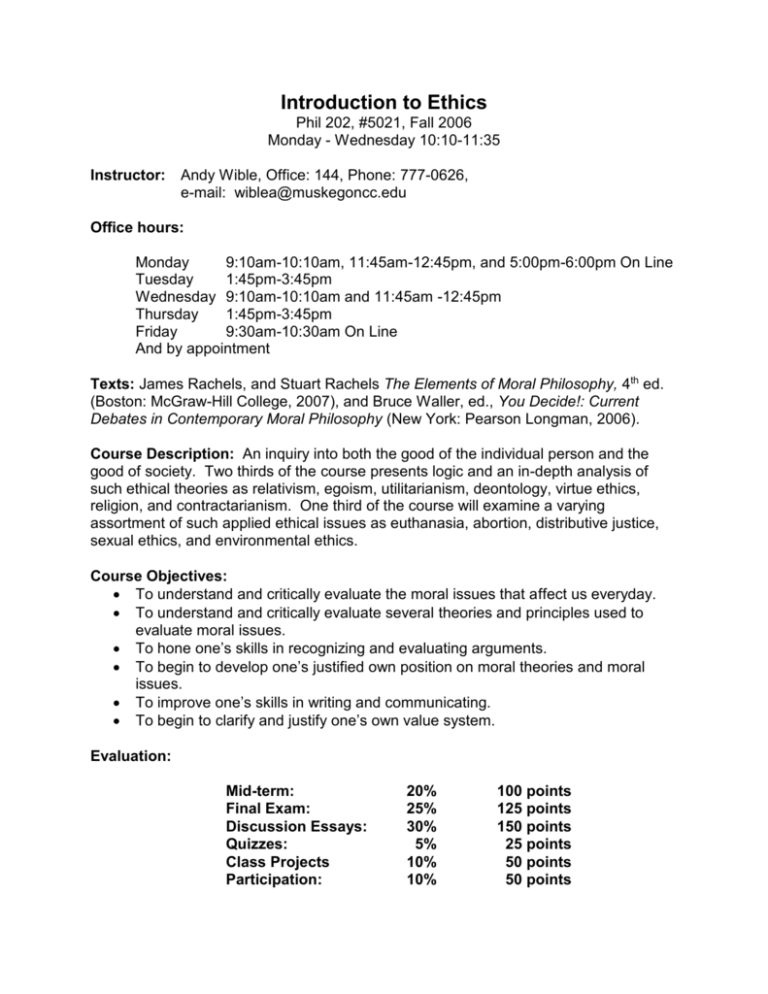
Introduction to Ethics
Phil 202, #5021, Fall 2006
Monday - Wednesday 10:10-11:35
Instructor: Andy Wible, Office: 144, Phone: 777-0626,
e-mail: wiblea@muskegoncc.edu
Office hours:
Monday
9:10am-10:10am, 11:45am-12:45pm, and 5:00pm-6:00pm On Line
Tuesday
1:45pm-3:45pm
Wednesday 9:10am-10:10am and 11:45am -12:45pm
Thursday
1:45pm-3:45pm
Friday
9:30am-10:30am On Line
And by appointment
Texts: James Rachels, and Stuart Rachels The Elements of Moral Philosophy, 4th ed.
(Boston: McGraw-Hill College, 2007), and Bruce Waller, ed., You Decide!: Current
Debates in Contemporary Moral Philosophy (New York: Pearson Longman, 2006).
Course Description: An inquiry into both the good of the individual person and the
good of society. Two thirds of the course presents logic and an in-depth analysis of
such ethical theories as relativism, egoism, utilitarianism, deontology, virtue ethics,
religion, and contractarianism. One third of the course will examine a varying
assortment of such applied ethical issues as euthanasia, abortion, distributive justice,
sexual ethics, and environmental ethics.
Course Objectives:
To understand and critically evaluate the moral issues that affect us everyday.
To understand and critically evaluate several theories and principles used to
evaluate moral issues.
To hone one’s skills in recognizing and evaluating arguments.
To begin to develop one’s justified own position on moral theories and moral
issues.
To improve one’s skills in writing and communicating.
To begin to clarify and justify one’s own value system.
Evaluation:
Mid-term:
Final Exam:
Discussion Essays:
Quizzes:
Class Projects
Participation:
20%
25%
30%
5%
10%
10%
100 points
125 points
150 points
25 points
50 points
50 points
Mid-Term: You will have an in-class 55 minute mid-term exam. (100pts)
Final Exam: There will be a comprehensive Final Exam. (125pts)
Discussion Essays: You are to complete two essays. The first essay should be
approximately 750-800 words in length. It will cover an assigned topic. You will be able
to choose your topic for the last essay, but it must be approved by the instructor. The
essay should be approximately 1250-1500 words in length. In this essay, you will be
asked to do some research beyond out texts. The essays will be graded according to
their clarity (including spelling and grammar), organization, use of class materials,
quality of argumentation, and originality. (50pts, and 100pts).
Quizzes: There will be one announced quiz. The quiz will be on the material from week
1 as well as the first two reading assignments for chapter 2. You should make sure you
have read the assignments before you come to class. (15pts each)
Class Projects: There will be two class projects. Each project will have a brief written
component. Class projects may be individual or group projects. Because of the nature
of these projects, it may be impossible for them to be made up. They may be assigned
at any point in the semester.
Participation: It is important you attend every class, read the assignments prior to the
day we will discuss them, and participate in class discussions. Also, it is important to
take good notes on the readings, lectures, and discussion. Finally, please be
respectful of others by arriving on time, staying the whole class period, and not bringing
cell phones, pagers, or other such devices to class. Disruptive behavior may mean
dismissal from the class. You may only withdraw from the course up to the last day of
class. After that date, you will receive the grade earned for the course (50pts)
Make-up Policy: There will be no late class project accepted, and they are due at the
beginning of class. You may make up an exam or discussion essay only with a
legitimate and verifiable excuse.
Grading Scale: The grading scale is 93+ A, 90-92 A-, 87-89 B+, 83-86 B, 80-82 B-, 7779C+, 73-76 C, 70-72 C-, 67-69 D+, 63-66 D, 60-62 D-, 59- E.
Academic Honesty: No cheating or plagiarism is allowed. Anyone caught cheating or
plagiarizing will receive an E for the course and possibly expulsion from the college.
(See the student handbook for more information.)
**This class is for the benefit of the student. If you have any way in which you
believe the course could be improved, please let the instructor know. **
A Tentative Schedule
These reading assignments may change depending upon our progress and interests,
but they are to be read prior to class. There will be readings from our text and primary
source material that will be available from the internet. Some of the readings are very
difficult and will take several readings.
The Elements of Moral Philosophy (EMP)
You Decide! (YD)
Week One: Introduction to Ethics, Logic and Critical Thinking (Handout) (EMP, Chapter
1).
Week Two: Relativism: EMP (Chapter 2), Outside reading, EMP (Chapter 3).
Week Three: Quiz, Religion and Morality: (EMP Chapter 4), Weirenga, “A Defensible
Divine Command Theory” ( this paper is available on-line).
Week Four: Egoism (EMP chapter 5), Social Contract EMP Chapter 10
Week Five: Utilitarianism: (EMP Chapter 6 and 7), Mill: Utilitarianism, Chapter 2
Week Six: Kant: (EMP Chapters 8 and 9). The first paper is due.
Week Seven: Feminism and Virtue: (EMP: Chapter 11 and 12), Aritotle’s Nicomachean
Ethics on the internet.
Week Eight: Rachels’s Alternative: (EMP 13), Midterm Exam
Week Nine: Aternative Theories Continued (Ross on Reserve).
Week Ten: Ethical Issues: Physician Assisted Suicide: (YD Chapter 11).
Week Eleven: Abortion: (YD Chapter 8).
Week Twelve: Affirmative Action (YD Chapter 3)
Week Thirteen: Terrorism (YD Chapter 16)
Week Fourteen: Capital Punishment (YD Chapter 12)
The second paper is due.
Week Fifteen: Gay and Lesbian Rights (YD Chapter 7), Wrap Up.
Week Sixteen: Final Exam.

